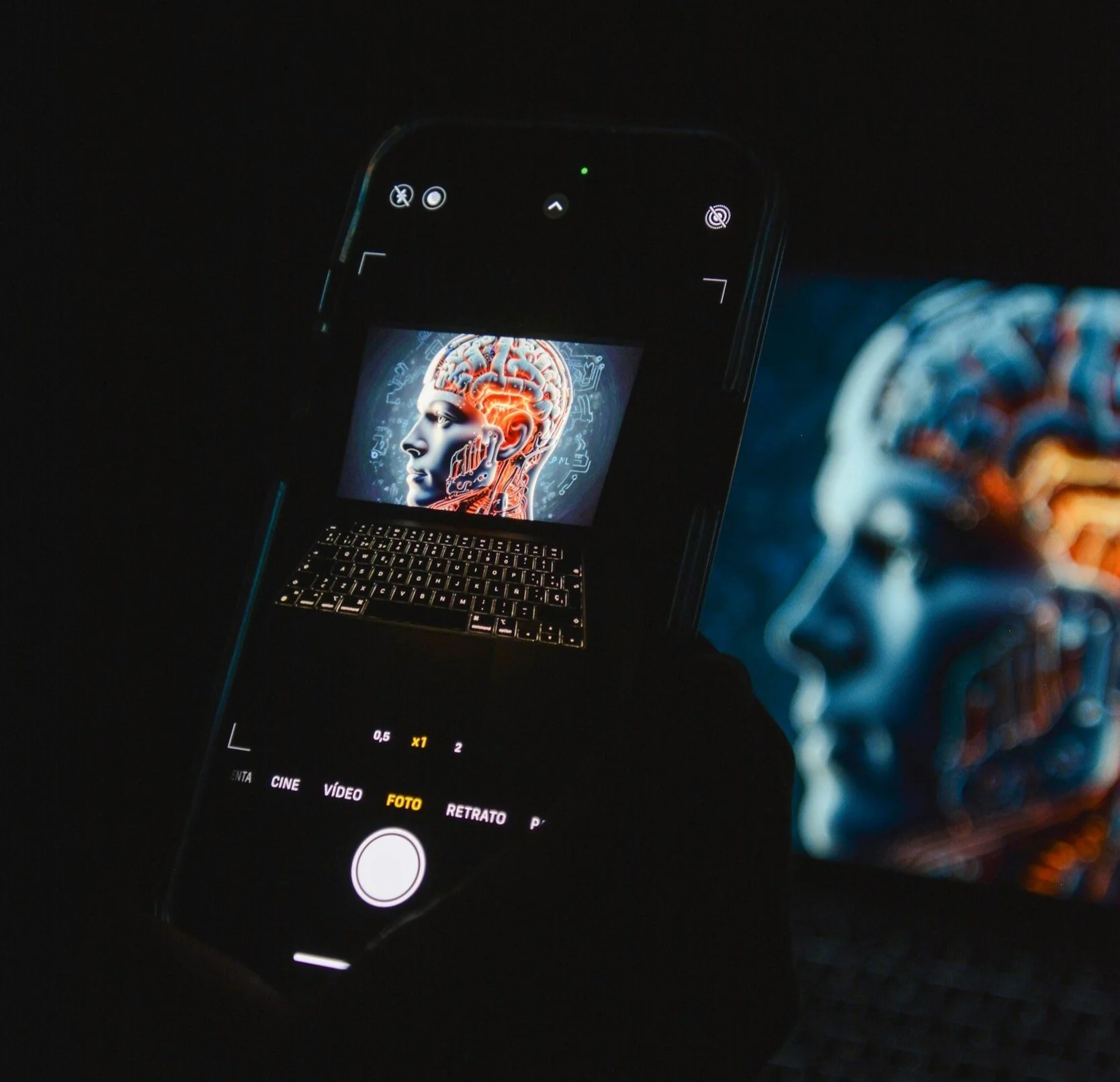AI Satellite Program: Hong Kong Universities Join China's Military-Civil Fusion Strategy
Image Source: CUHK
Hong Kong's esteemed higher education institutions are increasingly playing pivotal roles in China's ambitious military and technological advancements. Investigations have uncovered that at least four prominent Hong Kong universities are deeply involved in collaborative projects with Chinese aerospace and military enterprises. These partnerships have ignited concerns that Hong Kong is evolving into a crucial hub for China's "military-civil fusion" strategy, potentially enabling Beijing to bypass Western sanctions and enhance its military capabilities.
[Read More: Hong Kong Launches $3 Billion AI Funding Initiative to Boost Innovation and Research]
The AI-Powered Satellite: A Dual-Use Innovation?
On September 24, the Chinese University of Hong Kong (CUHK) successfully launched its inaugural low-orbit satellite, the 'Hong Kong Youth Scientific Innovation', from the Haiyang Oriental Spaceport in Shandong Province. Touted as the world’s first AI-powered big data model satellite, it is designed to monitor environmental and geographical data across Hong Kong and the Greater Bay Area. Additionally, it aims to enhance disaster prevention efforts and support low-altitude economic initiatives. However, experts caution that the satellite’s sophisticated AI and high-resolution imaging capabilities could potentially be repurposed for military surveillance, blurring the boundaries between civilian and military applications.
[Read More: The Forecast Revolution: How AI is Reshaping Weather Predictions]
Military-Civil Fusion: Implications for Hong Kong’s Autonomy
China's "military-civil fusion" (MCF) strategy, vigorously promoted since 2015 under President Xi Jinping, seeks to eliminate the barriers between civilian industries and the military to bolster national defense capabilities. This strategy involves sharing resources, technology, and expertise across sectors, particularly in high-tech fields like aerospace, artificial intelligence, and semiconductor manufacturing. Hong Kong's unique position and advanced technological infrastructure make it an attractive location for implementing MCF initiatives. Hau-wong Shu, an associate researcher at Taiwan's National Security Research Institute, highlights that Hong Kong's collaboration with both state-owned and private enterprises facilitates the acquisition of cutting-edge technologies that might otherwise be restricted by international sanctions.
[Read More: Hong Kong's Controversial Ban on Protest Anthem: A Blow to Free Speech?]
Collaboration with Mainland Military Entities
The CUHK satellite project has received guidance from China's National Space Administration and the Ministry of Science and Technology. Key collaborators include the University of Electronic Science and Technology of China and ADA Space, a Chengdu-based aerospace company. ADA Space, despite being labelled a private enterprise, has secured substantial government funding since its inception in 2018 and has successfully executed multiple AI satellite missions. The company's close ties with entities under U.S. sanctions, such as the China Aerospace Science and Technology Corporation, further underscore the strategic military implications of these collaborations.
[Read More: Google's FireSat: Harnessing AI Satellites to Combat Australia's Bushfire Crisis]
Other Universities Engaged in Military-Linked Projects
CUHK is not the only Hong Kong university involved in such initiatives. The Hong Kong Polytechnic University (PolyU) has partnered with the China Academy of Space Technology on the "Chang'e 6" lunar mission, contributing to the development of sampling equipment for the historic lunar surface exploration. Additionally, PolyU plans to establish a joint laboratory with ADA Space, signaling a deepening integration of academic research with military-industrial objectives.
The Hong Kong University of Science and Technology (HKUST) collaborated with Chang Guang Satellite Technology Co., Ltd., a company sanctioned by the European Union for its alleged support of Russia's military efforts, to launch the "Xiangbin-1" Earth observation satellite in August 2023. Meanwhile, the University of Hong Kong's Laboratory for Space Research has worked with subsidiaries of the China Aerospace Science and Technology Corporation on the "Lobster Eye X-ray Detection Satellite", further entrenching Hong Kong's academic institutions in military-linked aerospace projects.
Potential Risks and International Scrutiny
Sunny Cheung, a research fellow at the Jamestown Foundation, warns that the satellite’s AI capabilities can be rapidly modified for military use. It has sub-meter accuracy, enabling precise tracking of people and vehicles, real-time analysis, object recognition, and autonomous targeting. This dual-use potential raises concerns about transforming a civilian project into a military tool, signaling significant advancements in surveillance technology.
The involvement of Hong Kong's universities in China’s military-linked projects also poses serious risks to the city's academic freedom and international reputation. Experts highlight that such collaborations could make Hong Kong a focal point for China’s military ambitions, inviting increased scrutiny and potential sanctions from Western nations. The integration of military objectives into academic research threatens the autonomy of Hong Kong’s institutions, alarming international partners about the city’s evolving role in China’s security strategy.
Lack of Transparency in Government Funding
The Hong Kong government has committed substantial financial resources to technological innovation, allocating at least HKD 200 billion through the Innovation and Technology Fund (ITF). However, detailed accounts of investments in aerospace and military-linked projects remain undisclosed. Inquiries made to the Innovation, Technology and Industry Bureau and the involved universities have yielded limited information, with officials providing only aggregate funding figures without specific breakdowns. This lack of transparency fuels suspicions about the true extent and nature of the collaborations between Hong Kong's academic institutions and mainland military enterprises.
Adding to these concerns is Hong Kong’s current financial situation. In the first quarter of 2024, the city recorded a deficit of HKD 135.4 billion, with fiscal reserves standing at HKD 599.2 billion as of July 31, 2024. Given these figures, questions arise about whether Hong Kong can sustain such substantial funding for technological projects, especially those linked to aerospace development, over the long term. The significant deficit could strain government resources, raising doubts about the feasibility of ongoing support for ambitious, high-cost initiatives.
[Read More: The Fall of China's GPU Giant: Xiangdixian's Sudden Collapse and Its Ripple Effects]
A Costly Collaboration: Government Funding and Transparency Concerns
The significant financial investments in these projects, combined with the opaque nature of funding allocations, raise questions about accountability and oversight. Without clear disclosure of how funds are being utilized, it becomes challenging to assess the balance between civilian innovation and potential military applications. Financial and political experts emphasize the importance of transparency in maintaining trust and ensuring that public funds are used appropriately, especially in projects with dual-use potential.
[Read More: Taiwan Unveils AI Strategy: Transforming Public Services with Smart Automation by 2026]
Navigating Geopolitical Tensions
The increasing involvement of Hong Kong's universities in projects linked to China's military objectives highlights a complex interplay between innovation, national strategy, and international relations. As China seeks to enhance its technological and military prowess, Hong Kong may find itself at the heart of a broader geopolitical struggle between East and West. The future trajectory of Hong Kong's academic and technological landscape will likely be influenced by how these collaborations are managed and perceived on the global stage. The pressing question remains: Can Hong Kong maintain its academic independence and international reputation amidst these emerging challenges, or will it become an instrumental player in China's military ambitions?
[Read More: Semiconductor Showdown: How Taiwan’s Chips Shape the AI Race and Geopolitics]
Source: CUHK, Radio Free Asia, HK Government














